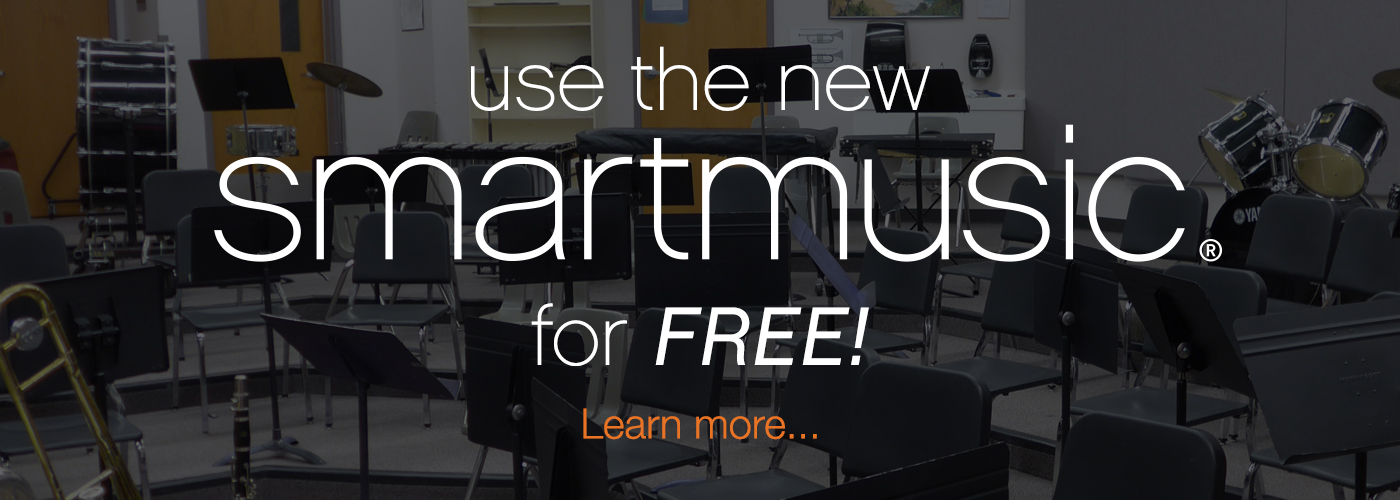
It is not unusual for performers to worry about memory slips and technical insecurity when playing before an audience. Understandably, anxious performers wish they could get rid of performance anxiety! As a therapist, I wish I could wave a wand and make this happen – but I must share the unwanted news that I cannot supply this magic.
Consider the following questions:
- How does stage fright interfere with self-esteem?
- Do teachers and students believe that mental preparation is a helpful “insurance policy” for performing well?
- If the playing goes well in the practice room, why doesn’t the same thing happen on stage?
Ultimately the big question is how can music teachers help students learn to cope more effectively with stage fright?
There are no guarantees that intensified practicing will lead to an emotionally and technically secure performance. While teachers help students practice intelligently and effectively, there is no such thing as a perfect performance. Perfection is a wish that ultimately will raise anxiety, since perfection is unattainable in life and on stage. But a lack of perfection (or a “perfect” performance) does not mean that there cannot be satisfying, good, and exceptional performances.
Simply Too Much of a Good Thing?
Frankly, it would not be helpful to totally “get rid” of performance anxiety. Using a cooking analogy, the right amount of spice enhances the recipe. If there is too little spice, the food is not tasty. If there is too much spice, it overpowers the food. Mental energy in the mind works similarly with anxiety and stage fright. Performers need to have, or develop, the “right” or optimum amount of mental energy to add spice to a performance. This is different for each performer. Anxiety can be used to enhance performance when anxious feelings are managed.
Appreciation of one’s personal best is an important lesson for music teachers to convey to their students, and this lesson needs to be continually emphasized. Attitude can facilitate anxiety reduction as much as, or sometimes more than, aptitude.
Many famous performers, including Beyonce, Adele, Barbra Streisand, and Vladimir Horowitz and many others have struggled with performance anxiety. Some have been sidelined by fears or chosen to discontinue performing in public. Regardless of how well prepared or experienced, there is a certain level of “unknown” about what will happen when going from backstage to center stage. Performers try very hard to be in control. That is one reason why musicians of all experience levels practice so hard. Yet hours of technical preparation may not offer mental security in public performance. Mental preparation is as crucial as repertoire preparation.
Managing Expectations
Performance anxiety does not have to undermine or intimidate performers. When teachers emphasize that students do not have to strive for magical performances and “perfection,” students’ anxiety levels often drop significantly. Students and all performers can be encouraged to enjoy sharing their talent, the music itself, and the fruits of their hard work. An emphasis on sharing rather than proving has provided significant anxiety relief to many performers.
I frequently have heard comments suggesting that talking about performance anxiety makes it worse, but this is not true. This is another form of “magical thinking,” a term psychologists use to connote the belief that thinking about something literally makes the thought come true. Performance anxiety must not be a forbidden feeling or topic. No feeling or thought is forbidden. Performance anxiety begs for informed discussion in the teaching studio. Teachers and students should not be bullied, sabotaged, or imprisoned by it.
Discussing performance anxiety in the teaching studio in an intelligent, sympathetic, and informed manner is reassuring and calming. Such discussions indicate to students that teachers can handle tough topics and feelings and convey the belief that students can too.
Teaching Tips to Empower Students
- Demonstrate a non-judgmental willingness to talk with students about performance anxiety.
- Validate students’ feelings. Do not tell them they will be “ok”. They are not feeling “ok.”
- Inform students it is not desirable to get “rid” of performance anxiety. In fact, it is not possible to do this.
- Help students transform anxiety into positive energy.
- Challenge the notion of being “perfect.” Help students strive for the best they can.
- Emphasize the idea that sharing music vs. proving oneself can lower anxiety.
Performance anxiety reduction strategies need to be approached as seriously as practicing for musical performance. Minds do matter.Conveying the attitude that musicians are more than the sum of their musical parts can help your students begin to see the whole picture and put the challenge into perspective.
